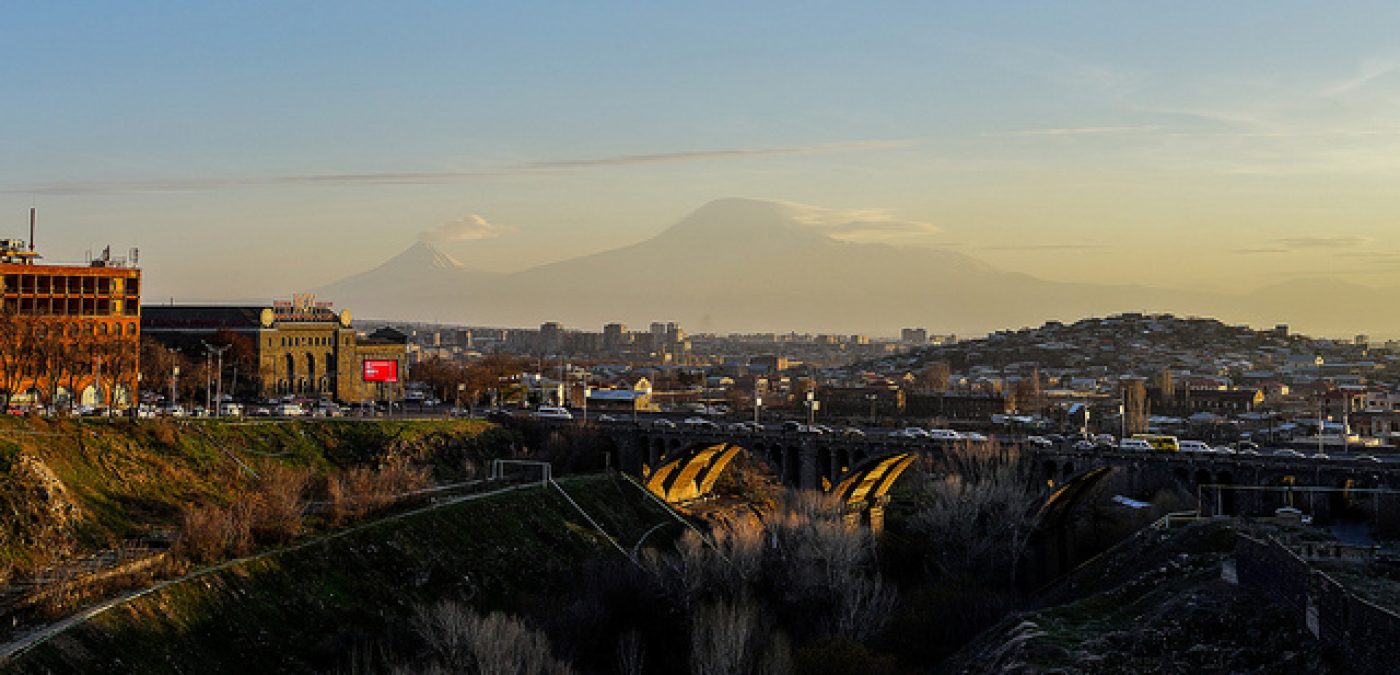6 July 2017

NEW: 7 Principles for heritage based urban development – Final publication of COMUS-Project available!
On-going efforts towards sustainable development require sound and innovative perspectives on human rights and democratic governance, beyond solely economic concerns. With the consideration of heritage as a social, economic and political resource, it is essential to develop a new way of looking at heritage, by setting the ground to reframe relations between all involved stakeholders. This has been done in the COMUS-Project.
Communities at the heart of heritage governance
In the context of eastern Europe, there are many small and medium-sized heritage towns with historic urban areas and valuable cultural heritage assets facing various challenges. Some of these challenges include economic downturns, emigration of skilled people, as well as ageing populations. Experience with participatory practices and local community engagement for the preservation and reactivation of the cultural heritage to support the cultural, socio-economic urban development is in its early stages. In this context, preserving and reactivating heritage sites – whether they are historic, spiritual or industrial – implies the double challenge of dealing with low investment in capacity and limited skills and resources. Sites that had previously been significant for their heritage value and importance for local or national identities became neglected or even derelict; others suffered due to the legacy of centralised planning systems and limited capacity and resources at the local level to deal with the growing responsibilities of decentralisation.
As these countries have been going through a transitional period in their economic and political structures, new ways of addressing these challenges become important for the democratisation process where heritage may play an essential role in mobilising innovative powers in communities.
The COMUS_Project “Community-Led Urban Strategies in Historic Towns” aims to address these challenges and demonstrate how cultural heritage and its regeneration can provide opportunities for the financial, social and cultural development of a town (heritage based urban development). Therefore, the European Union, the Council of Europe and the Organization of World Heritage Cities jointly developed a community-based, cultural heritage-led, development methodology that was inspired by the HerO (Heritage as Opportunity) project and tested in nine pilot towns in Armenia, Belarus, Georgia, the Republic of Moldova and Ukraine.
COMUS brings heritage and communities together, in the heart of decision making on urban regeneration and local development. It introduces a methodology based on existing heritage resources, laying out an integrated approach with emphasis on the process. It further argues that urban heritage is not an isolated concept on its own, but is part of a larger system, and therefore should be considered in the entirety of a heritage-led and community-based development process. In the context of the COMUS-Project, heritage is considered as a means and not the end result itself, demonstrating an increased role by communities in decision making. Thus, COMUS advocates for working with all layers of society simultaneously, encouraging a new constructive dialogue among all involved.
The main objective of the COMUS-Project was to stimulate social and economic development through enhancing cultural heritage and urban regeneration in historic towns by broadening the concept of heritage as a resource in the context of human rights and democracy, increasing the capacity of local and national authorities in the management of their heritage resources and empowering communities and citizens as the main actors in carrying out their heritage-led development processes.
Some Key Facts on the COMUS-project:
Duration: 30 months /Jan 2015 to June 2017
Nine small historic towns: Goris and Gyumri (Armenia), Mstislav (Belarus); Chiatura and Dusheti (Georgia); Soroca (Republic of Moldova); Lutsk, Zhovka and Pryluky (Ukraine)
Three implementing partners: European Union, Council of Europe, Organization of World Heritage Cities (OWHC)
Project budget: € 650.000
Over 200 national and local stakeholders involved in participatory processes and 45 heritage sites analysed and transposed into project concepts
The final publication shares the wide-ranging experiences gathered during the implementation of this methodology, presenting its key technical and organisational principles, with the aim of applying this methodology successfully elsewhere.
The title is: “COMMUNITY-LED URBAN STRATEGIES IN HISTORIC TOWNS (COMUS) Communities at the heart of heritage governance – Principles for heritage based urban development of small and medium-sized heritage towns in countries in transition”.
Please find your free electronic copy here:


